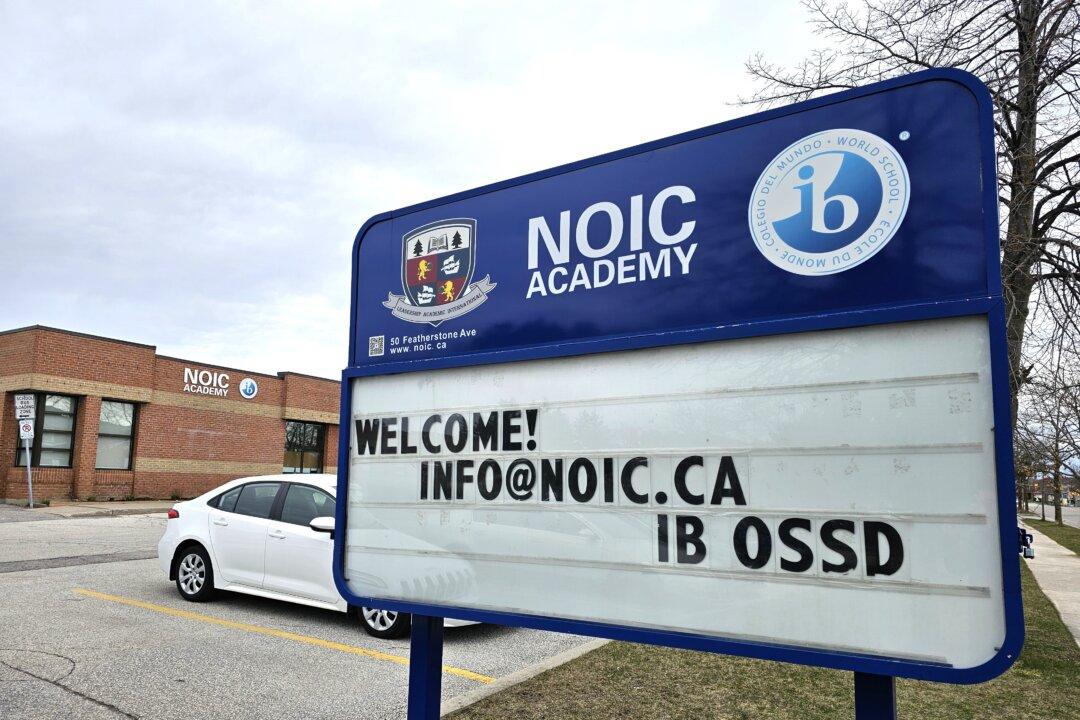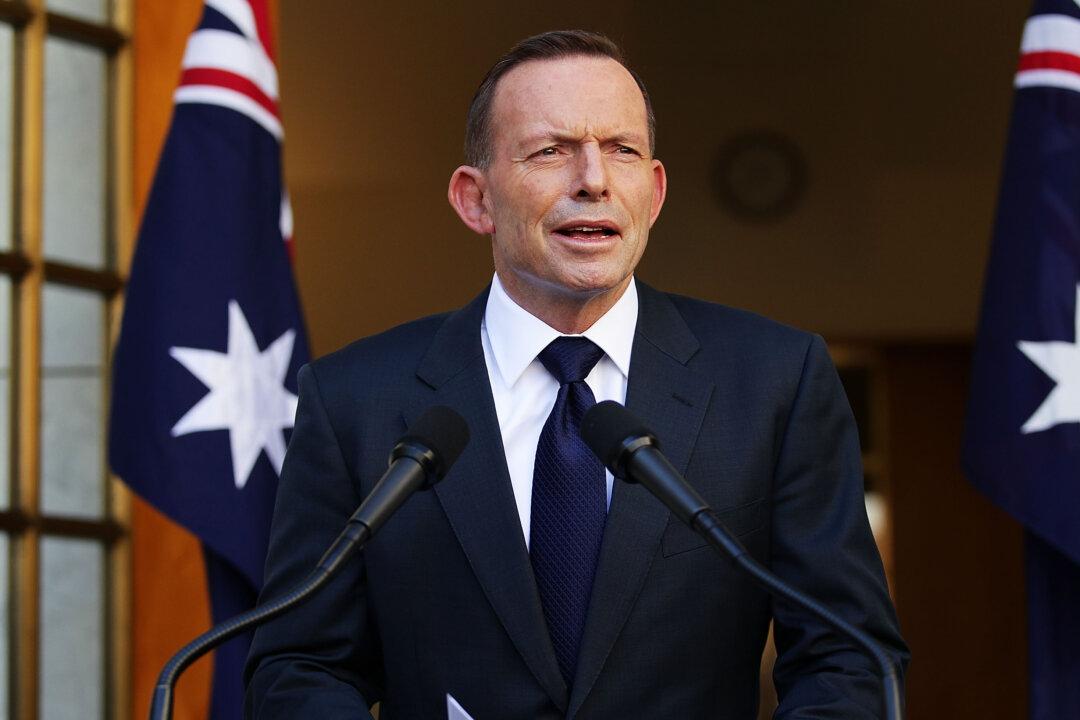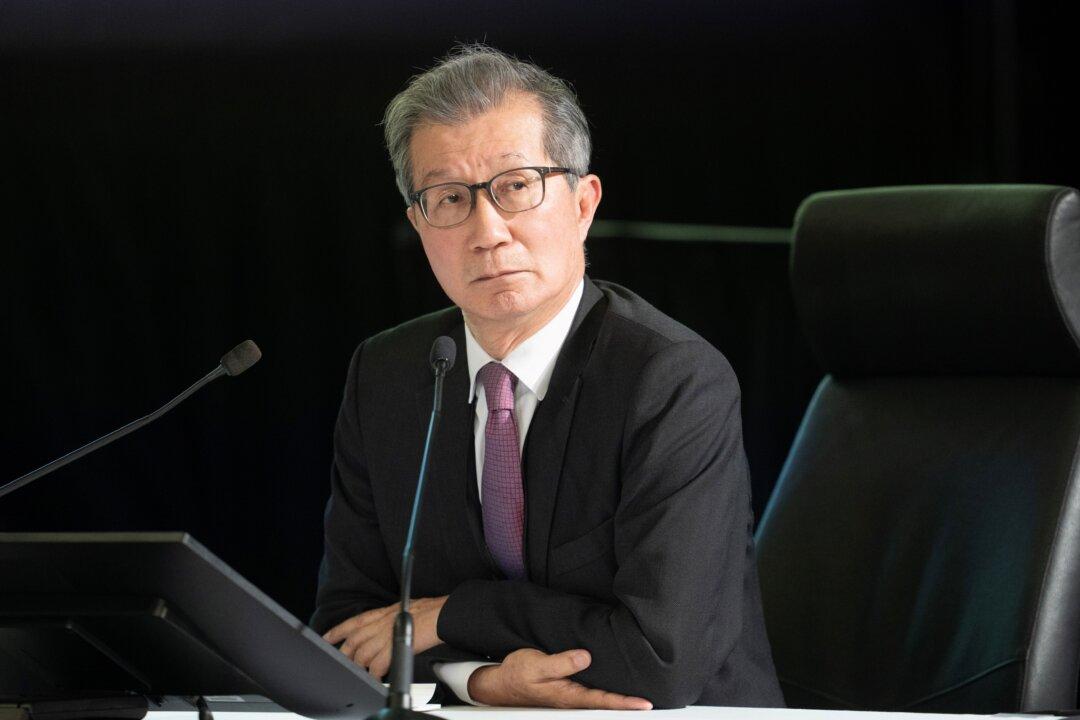Canada may not be in the same league as world powers like the United States or the United Kingdom. However, it is still a “very important strategic ground to conquer” for China, according to Michel Juneau-Katsuya, a former senior manager with the Canadian Security Intelligence Service (CSIS).
The reasons are threefold, he says.
First, Canada is a knowledge-based society, among the highest R&D spenders per capita in the world.
Second, Canada has a great reserve of natural resources that China needs.
Third, not only does Canada have valuable secrets of its own, whether they be technological, commercial, or defence-related, but Canada is also a strategic partner in all the major alliances and forums in the world, including the G7, G20, NORAD, NATO, and others.
“We’re the access door to Europe, or America, and this is well understood by the Chinese,” Juneau-Katsuya says.
“Canada will remain a very, very important strategic ground to conquer, and to be able to continue to influence [the Chinese] will do that, and they will never let go of Canada.”
That’s why Canada would be wise to tread carefully when dealing with Beijing, he says.
“I’m not saying that we must cut ties with China, I’m not saying that we shall not do business with China, but the Chinese will respect the people who are capable of showing a backbone. If you don’t show a backbone, they will never respect you.”
Influence on Canadian Soil
While the two countries have not launched formal free trade negotiations so far, they have been holding exploratory talks since the Liberal government won the election in 2015.Juneau-Katsuya says establishing a free trade deal with a country that doesn’t respect the rule of law wouldn’t be in Canada’s interest.
“It is not far-fetched to imagine the situation where some kind of commercial disagreement quickly turns into a political disagreement, and then somehow they will take either Canadians, or Canadian business, hostage, because we would be over there, and [the Chinese] would try to bargain by blackmailing us,” he says, citing as an example the recent case of Canadian winery owners who were detained in China over a customs dispute.
What could be even more concerning is that such a deal would give more access to agents-of-influence who work for China’s benefit, he said.
“When you start doing business with a partner who is not ready to play by the rules, who is not ready to be transparent and honest with you, you are a fool to believe that you can somehow change that person, because that’s part of who they are.”
Juneau-Katsuya said he could buy the logic that even if one party gains more out of a deal than the other, it is still ultimately beneficial to both parties, but the problem is, Canada would be getting more than it bargained for.
“We’re going to have more agents of influence, we’re going to have more people being capable of watching the Chinese community here, more people capable of spying on us and stealing our technology … and totally tip the balance in [China’s] favour,” he says.
No Reciprocity
Juneau-Katsuya says allowing the takeover of oil and gas giant Nexen in 2012 by a Chinese state-owned company despite security concerns voiced by intelligence organizations was most likely the work of China’s agents-of-influence in Canada.“Now the Chinese, who know very, very well the game of influence and agents-of-influence, have a major pawn in the game in Alberta,” he says.
Any takeover of a major Canadian company by China is increasing China’s influence in Canada, he adds.
“Some people [may say] what’s the difference between the U.S. or Israel or the European countries [buying Canadian companies]? Well, the difference is I can go do business [in those countries] and influence on my way. But in China I won’t be able to do that, they won’t allow me to do this.”
China would never allow a foreign entity gain control of companies within its key sectors, he notes.
“The Chinese see that as [an issue of] national security, and they will not do that.”





